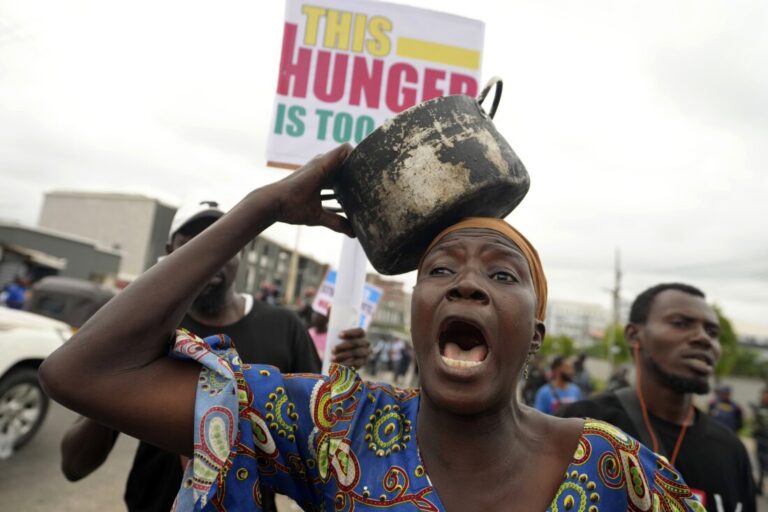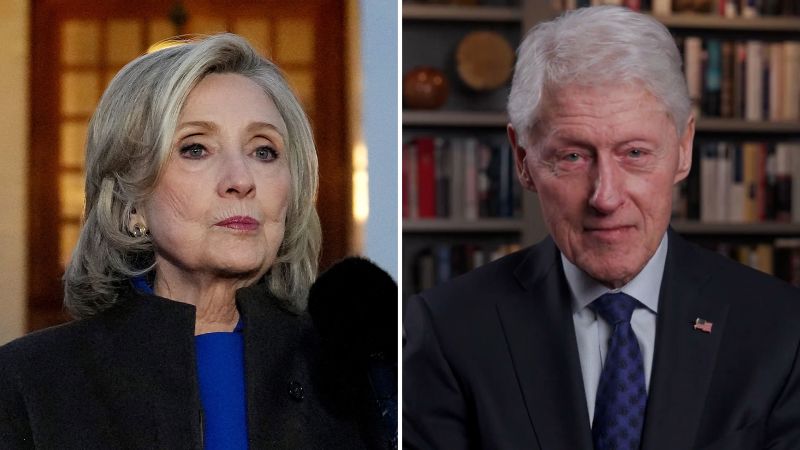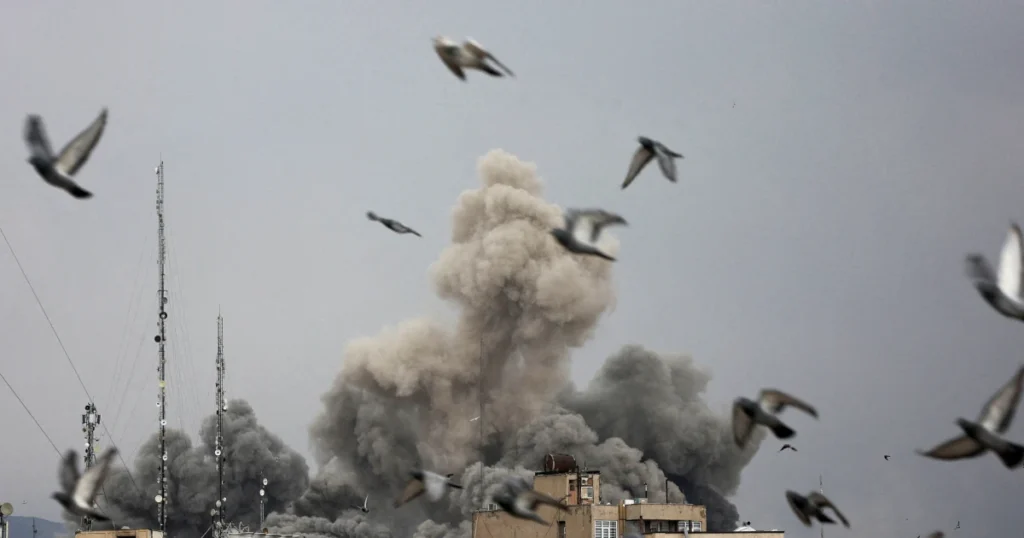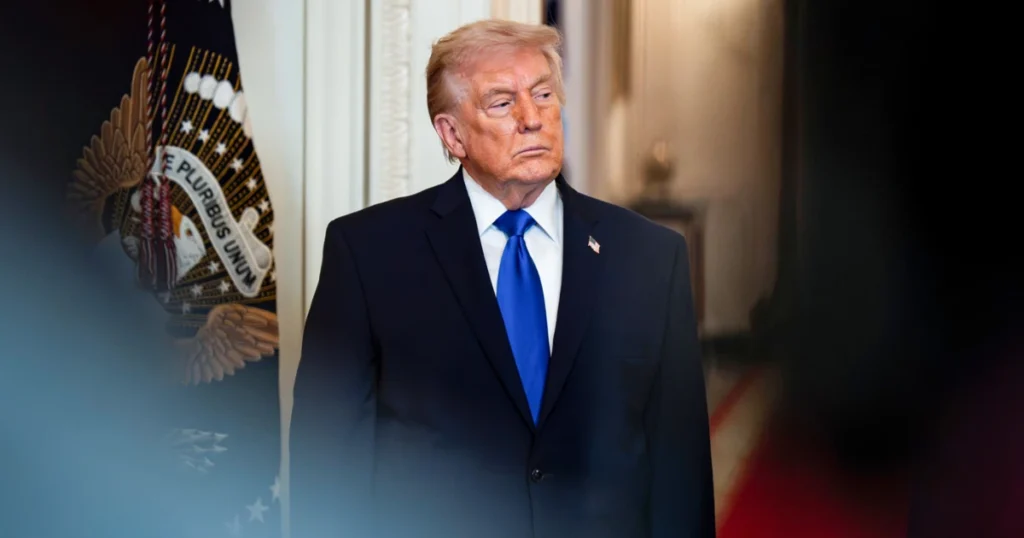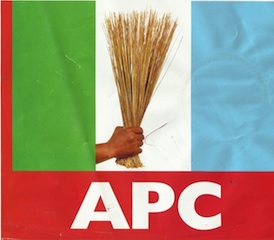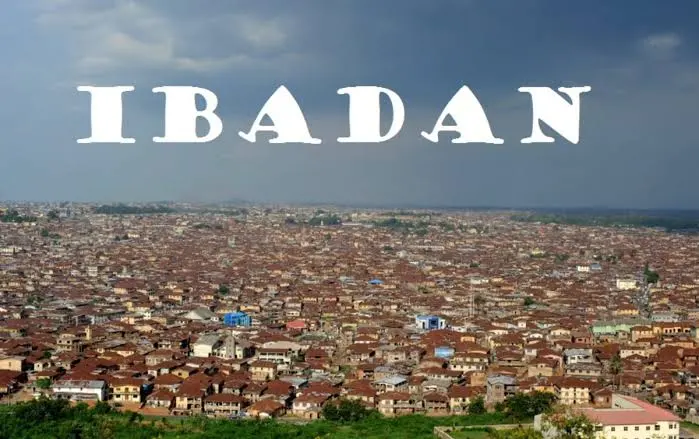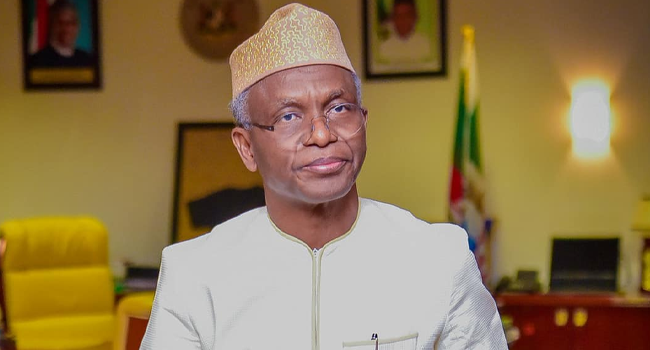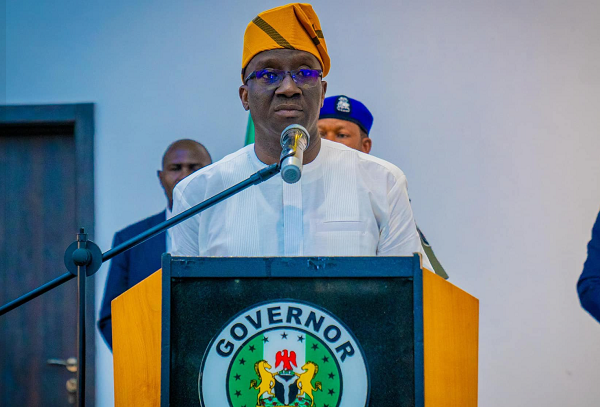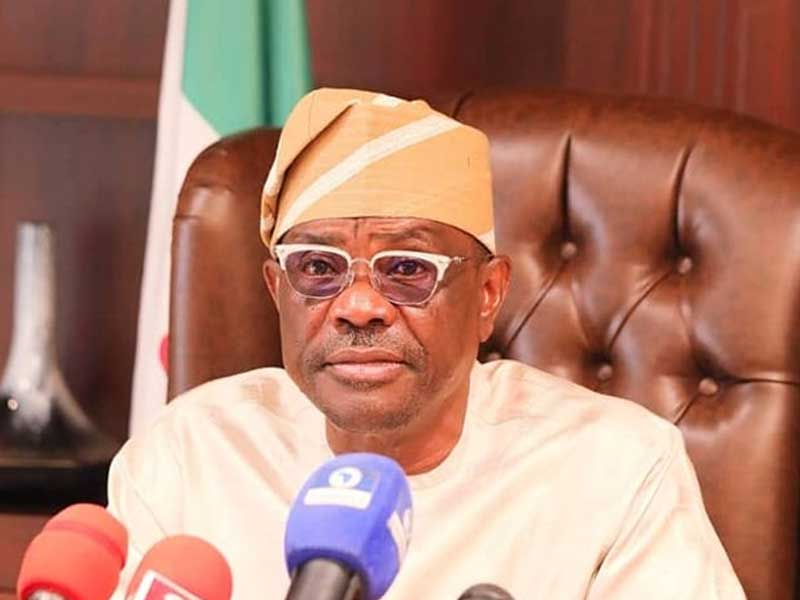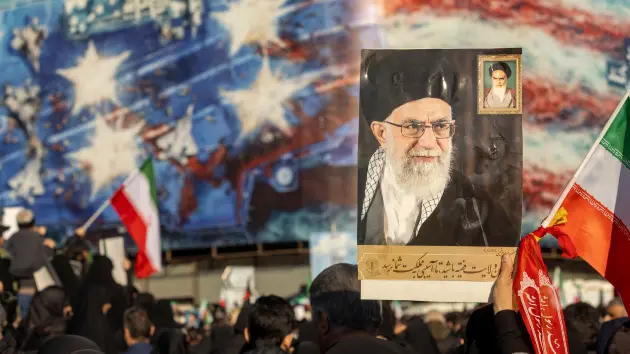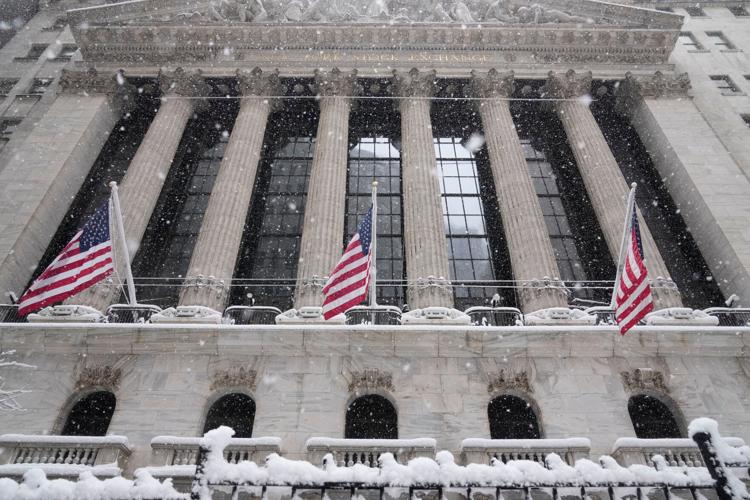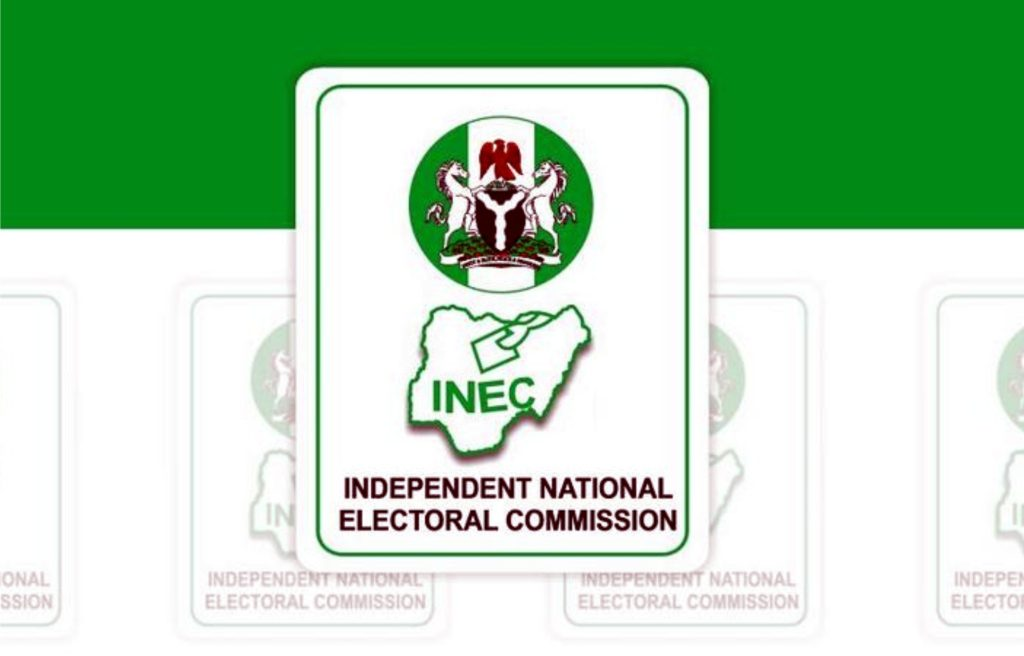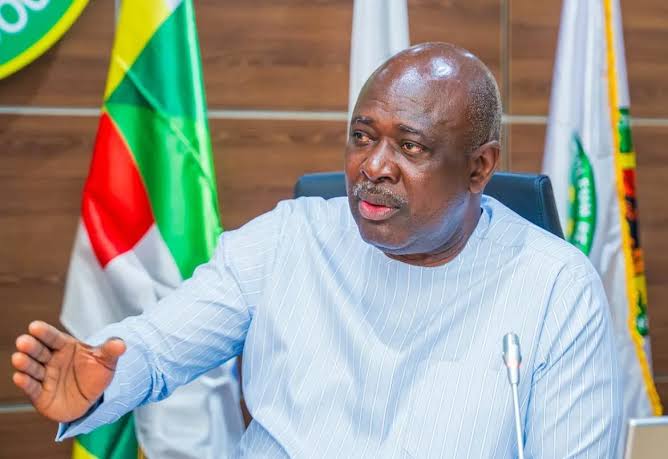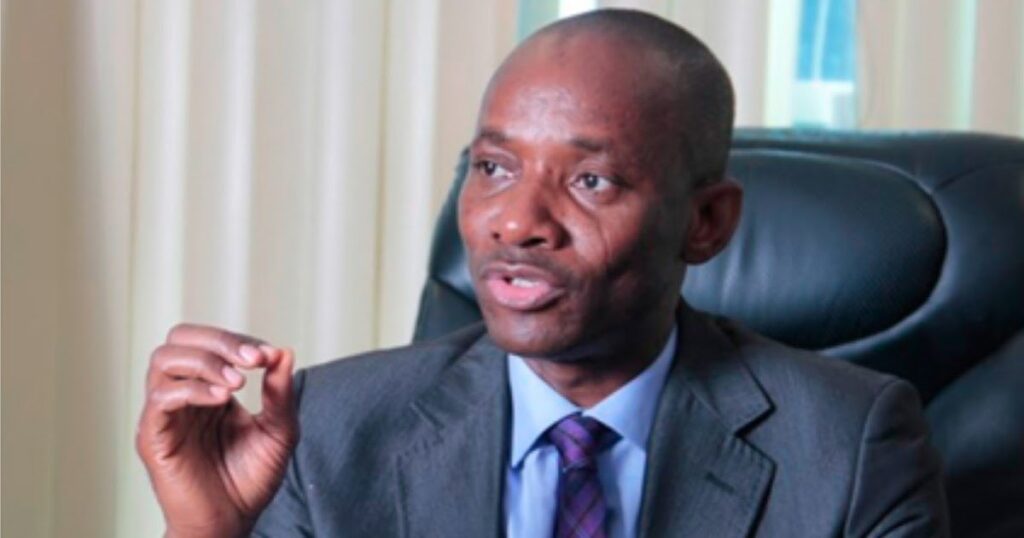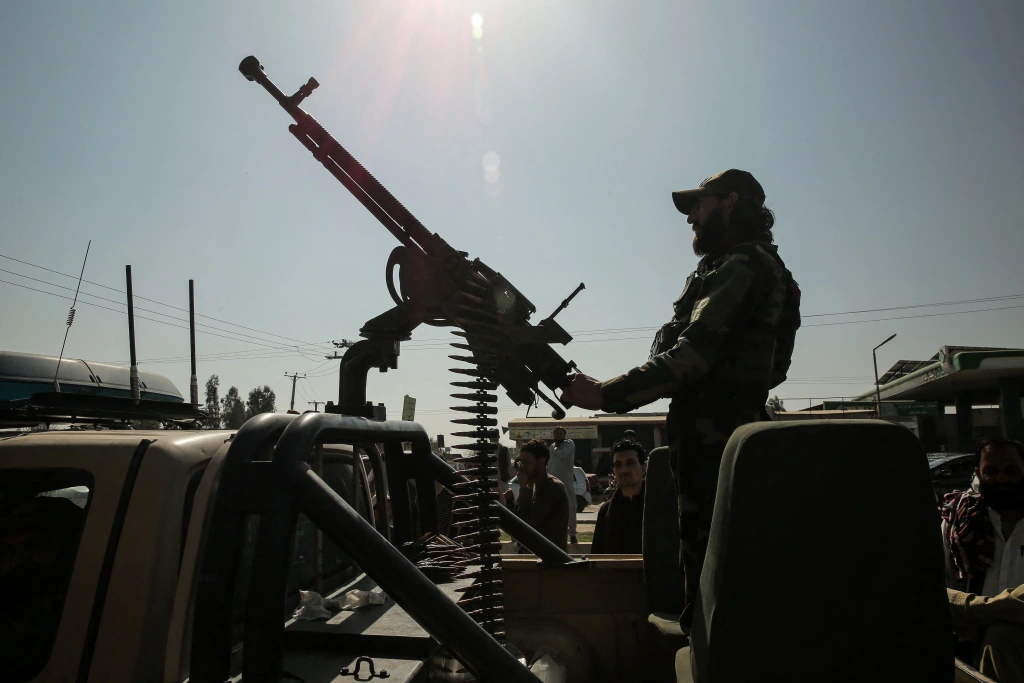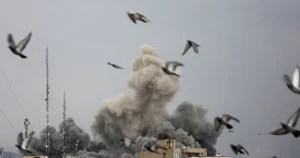Nigerians are grappling with a series of economic hardships, including a sharp increase in fuel prices, a 50% tariff hike for telecom services, rising inflation, and the escalating cost of essential goods. These challenges have been compounded by government policies under the Tinubu administration, leaving many citizens feeling frustrated. The much-debated tax reform bill, which has sparked a great deal of controversy, is set to be passed in the first quarter of 2025, with implementation slated for July. While the government insists that these policies are necessary for long-term growth, many Nigerians are left questioning how much more they can bear.
ASUU (Academic Staff Union of Universities) has raised alarms about the implementation of the tax reform bill, particularly its potential impact on the education system and the disbursement of TETFUND. On the other hand, the Dangote Group has justified the recent fuel price hike, citing the rising global crude oil prices as the primary cause.
Earlier this week, the Nigerian Communications Commission (NCC) approved a 50% tariff increase for telecom operators, meaning Nigerian subscribers will soon face higher data and airtime costs. With the increasing prices of fuel, electricity tariffs, and the overall cost of living, Nigerians are feeling the pinch more than ever. The general sentiment now is that “the cost of living wants to kill the living.” While it may sound like a dark joke, this is the harsh reality for many Nigerians.
To understand the public’s response to these developments, we took to the streets and gathered opinions from everyday people.
Mr. Tobilola, a software developer, explained that the 50% tariff hike for telecom operators is inevitable, considering the rising operational costs incurred by service providers. He acknowledged that while the increase is difficult to bear, it is necessary for maintaining service quality and ensuring that consumers get what they pay for.
Miss Rasaq, a roadside seller, shared her frustrations over the fuel price hike and how it directly affects her business, especially the increased costs of transporting goods from the village to her selling point. For her, the rising costs are squeezing her ability to make a living and maintain her business.
Mrs. Ojo pleaded with the government to improve the stability and frequent electricity supply. She criticized the rising electricity prices and the persistent grid failures, stating that if power supply were more regular, queues at filling stations would lessen, and motorists would be less reliant on purchasing excessive amounts of fuel.
Mr. Oluyemi, while speaking briefly, expressed hope that by the end of President Tinubu’s second year in office, there would be a clear path forward for Nigeria and its economy. Despite the challenges, he remains optimistic about the country’s future.Tade Taiwo, a student, expressed frustration over the rising cost of food and internet data. He explained that he struggles to afford the internet connection needed for his school projects and feels this price hike will hinder his academic progress and social life, as it will cut him off from the latest news and trends, a concern for someone studying mass communication.
The Tinubu administration has repeatedly acknowledged the challenges that come with these policies, particularly the removal of the fuel subsidy. The government views the policy as a necessary “baby step” toward the greater good of Nigerians and the country as a whole. This week, the federal government announced plans to distribute ₦75,000 in cash to 70 million Nigerians in an effort to alleviate economic hardships.
However, the question remains: is this the right step to cushion the pain of citizens, or is it merely another initiative that could lead to mismanagement and embezzlement of public funds, as has been seen in previous years?

